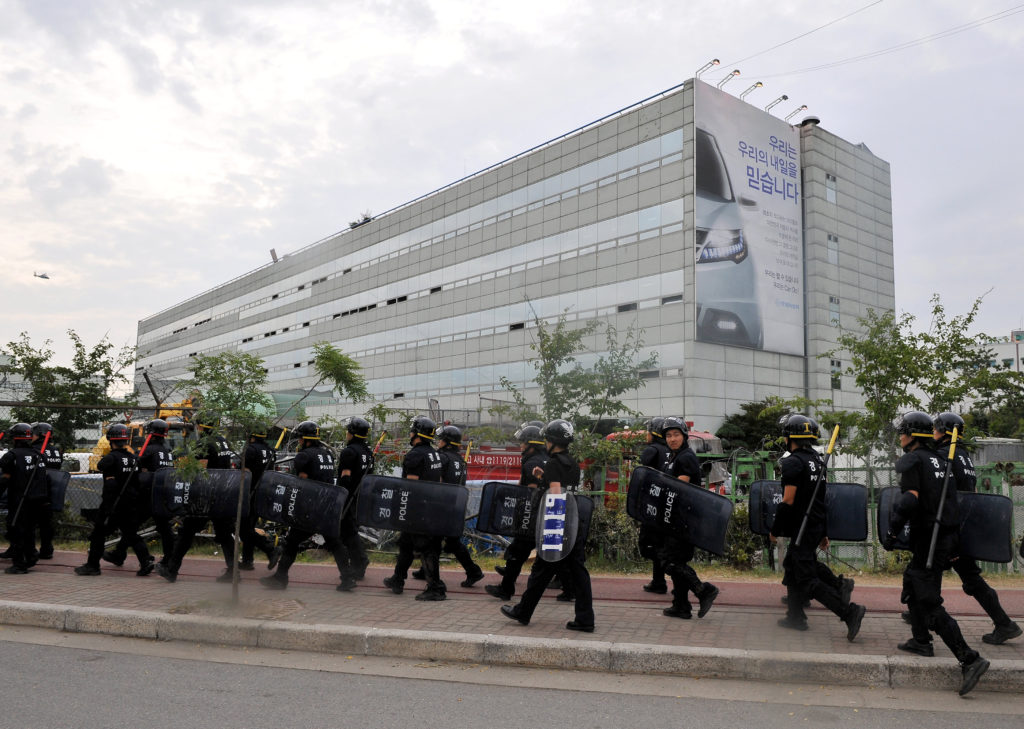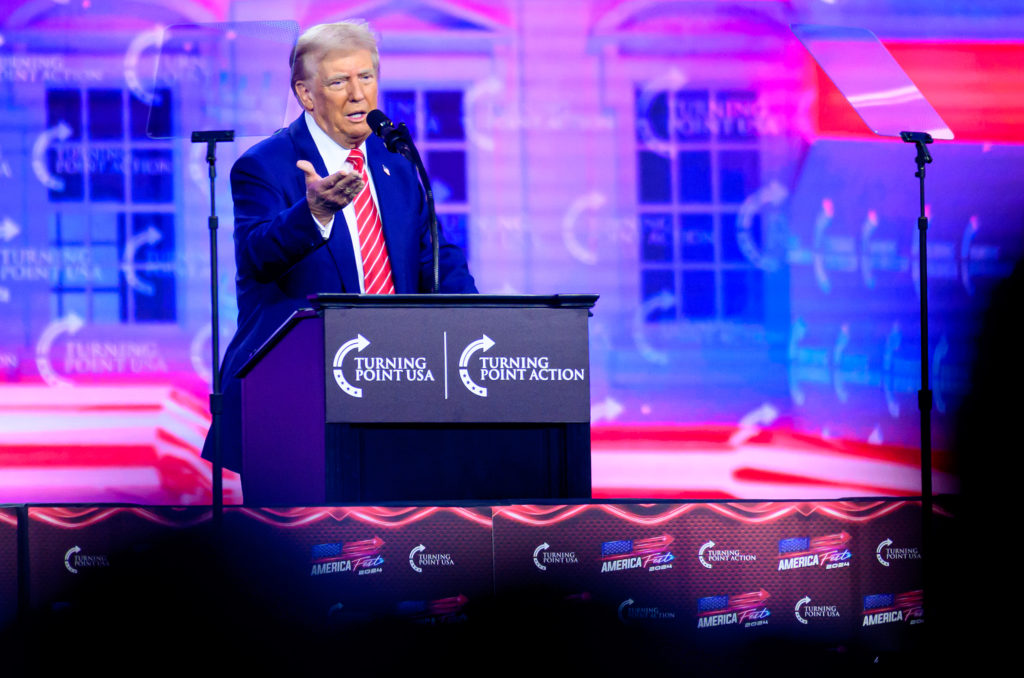As in other countries across Europe, Germany's recent consumer price hikes have been fuelled by soaring food and energy costs
German inflation unexpectedly slowed in November after months of increases, preliminary data showed Tuesday, as sky-high energy prices begin to ease.
The inflation rate in Europe’s top economy fell back to 10 percent this month, federal statistics agency Destatis said, after hitting a record high of 10.4 percent in October.
Analysts surveyed by Factset had expected an acceleration of 10.5 percent in November.
The surprise dip comes as “energy prices have eased slightly”, Destatis said, although it noted they were still 38.4 percent higher than a year earlier.
As in other countries across Europe, Germany’s recent consumer price hikes have been fuelled by soaring food and energy costs in the wake of Russia’s war in Ukraine.
The German government has unveiled a 200-billion-euro ($207-billion) energy fund to shield households and businesses from price shocks, and has raced to diversify supplies after Russia cut gas deliveries.
Tuesday’s inflation data offered a “very small breather” for a country bracing for a difficult winter, said ING bank economist Carsten Brzeski.
But he cautioned it was too soon to hope inflation was on a downhill path.
“The pass-through of higher wholesale gas prices is still in full swing. Many households will see the first price increase only as of January 1,” he said.
European Central Bank President Christine Lagarde echoed that sentiment Monday, when she said the eurozone had not yet reached peak inflation.
Like other central banks around the world the ECB has moved aggressively to curb red-hot inflation, lifting its key interest rates by two percentage points since July.
Lagarde has repeatedly said the bank would continue to raise rates in its battle to bring inflation back to its two-percent target.
The next rate hike is expected at the ECB’s upcoming December 15 meeting.











